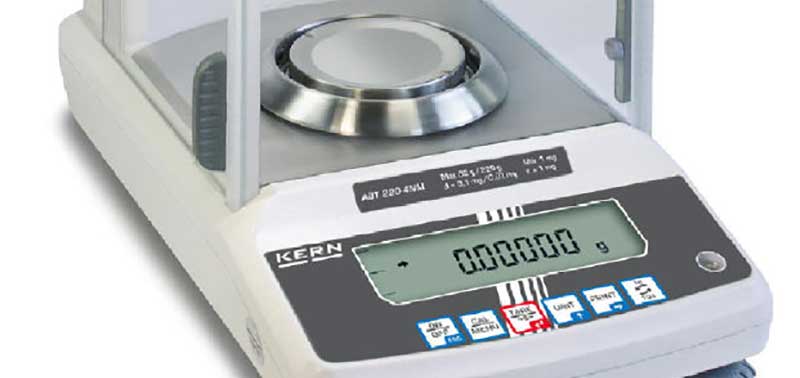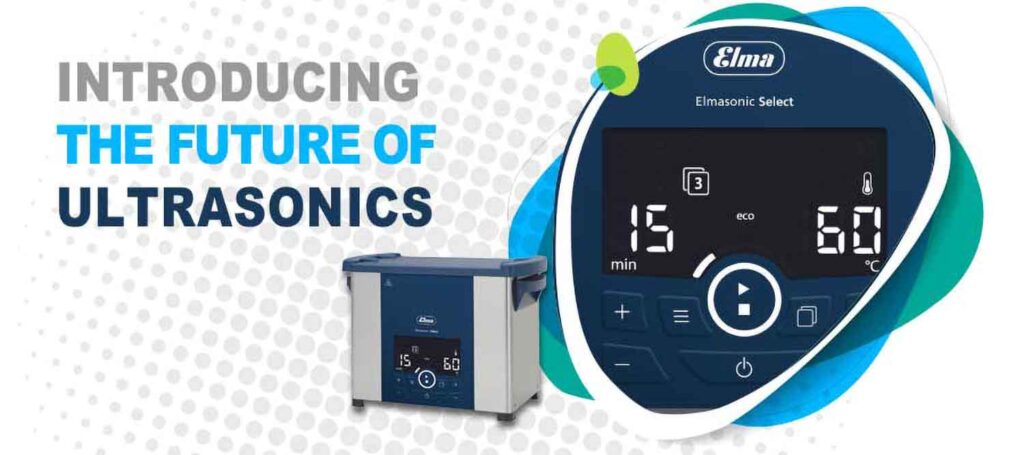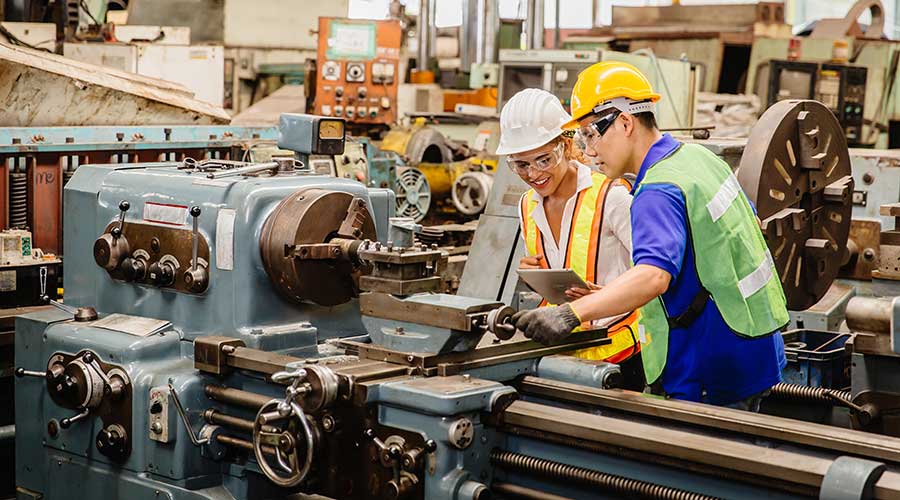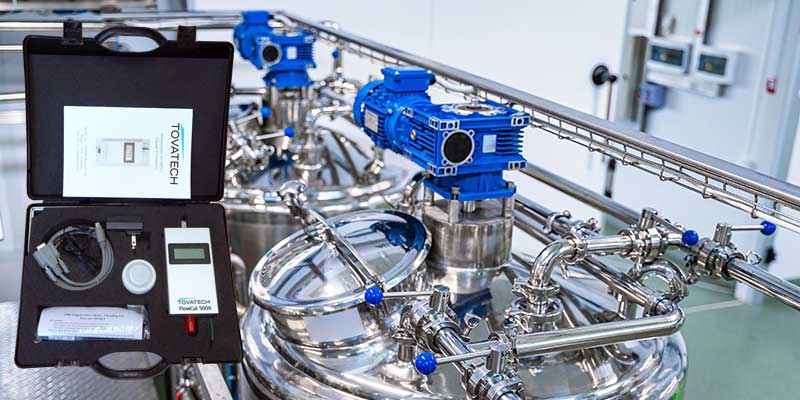Posts by Rachel Kohn
How to Use an Analytical Balance: 5 Tips
University and industrial laboratory researchers requiring extremely accurate measurements of extremely small quantities rely on a precision instrument called an analytical balance. Shopping for an analytical balance requires being familiar with some of the advanced features available today as well as the proper use of these precision instruments. It is on the second point that…
How to Calibrate a Digital Scale
Selecting Ultrasonic Cleaner Size – 5 Key Points Consider
Ultrasonic parts cleaners are manufactured in a tremendous variety of sizes. By “size” we mean the dimensions and capacities of tanks in which ultrasonic parts cleaning is accomplished. For example the Elmasonic E Plus series is offered in 9 tank capacities from 0.25 to 7.5 gallons and the Select Series in 11 capacities from 0.7…
Introducing the Elmasonic Select Ultrasonic Cleaner Line
Elmasonic Select ultrasonic cleaners available from Tovatech feature 5 ultrasonic modes to simplify task setting and supervision for parts cleaning and maintenance, sample prep, and solvent degassing plus up to 4 commonly used programs for quick call up and reproducible results. Elmasonic Select Product Features Customize your ultrasonic cleaning or sample prep projects by putting…
Ultrasonic Cleaner for Dental Instruments
Ultrasonic Cleaner Frequency and Power
How to Safely Use a Solvent Cleaner
Avoid Product Damage by Ultrasonic Waves
While properly operated and controlled ultrasonic cleaning is generally safe for a wide range of products, the key criterion being “properly operated.” This is a combination of the cleaning solution composition, bath temperature and the ultrasonic frequency employed. The guiding factor is the items being cleaned and what is being removed.
Heavy Parts Degreasing with Industrial Ultrasonic Cleaners
Heavy parts degreasing engines and other heavy, complex machinery components can be accomplished quickly and effectively by cavitation action in industrial ultrasonic cleaners. This post provides guidance on the benefits of ultrasonic cleaning, how to use an industrial ultrasonic cleaner, and how to get the best performance from your industrial ultrasonic cleaning equipment. But first…. Why…
Digital HPLC Flowmeters – An Overview
What you’ll learn in this digital HPLC flowmeters overview: Flow meters come in many sizes and find application in a wide range of industries. As examples they meter gasoline pumped into your car and fuel oil into your heating system’s tank. But instead of metering in gallons (for example) digital HPLC Flowmeters measure small flow…









